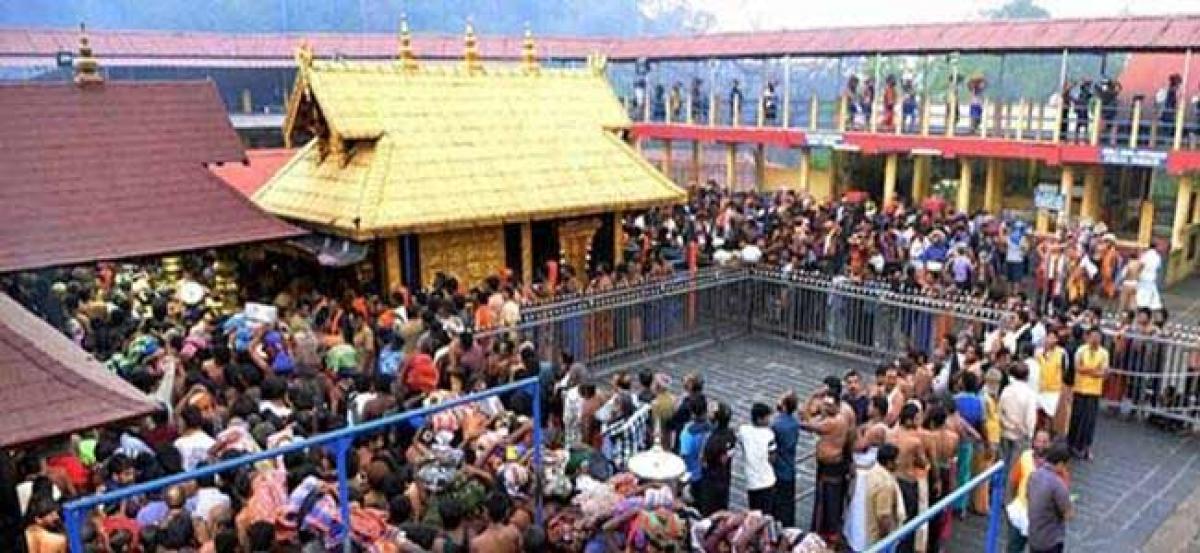Live
- Penukonda MLA Candidate Savithamma Celebrates Naidu's birthday
- Actor Varsha among 9 BJD candidates in 6th list
- Senior TDP Leaders Join YSRCP in Anakapalli District During Chief Minister Y.S. Jagan's Bus Tour"
- Two YSR Congress Party Members Join Telugu Desam Party in Bogolu Mandal
- MLC Ruhulla and Velampally Ramakrishna Campaign for YSRCP Candidate in 62nd Division
- 24th Ward Welcomes MLA Candidate KK Raju with Warmth in Campaign
- YSR Congress Party candidate Sheikh Asif vows to drive away bank dodgers from Western Constituency
- Gurinder Chadha all set to make a comeback to big screen
- Natural foods that support immunity
- Candy D’Cunha: Inspiring change through academia and environmental activism









